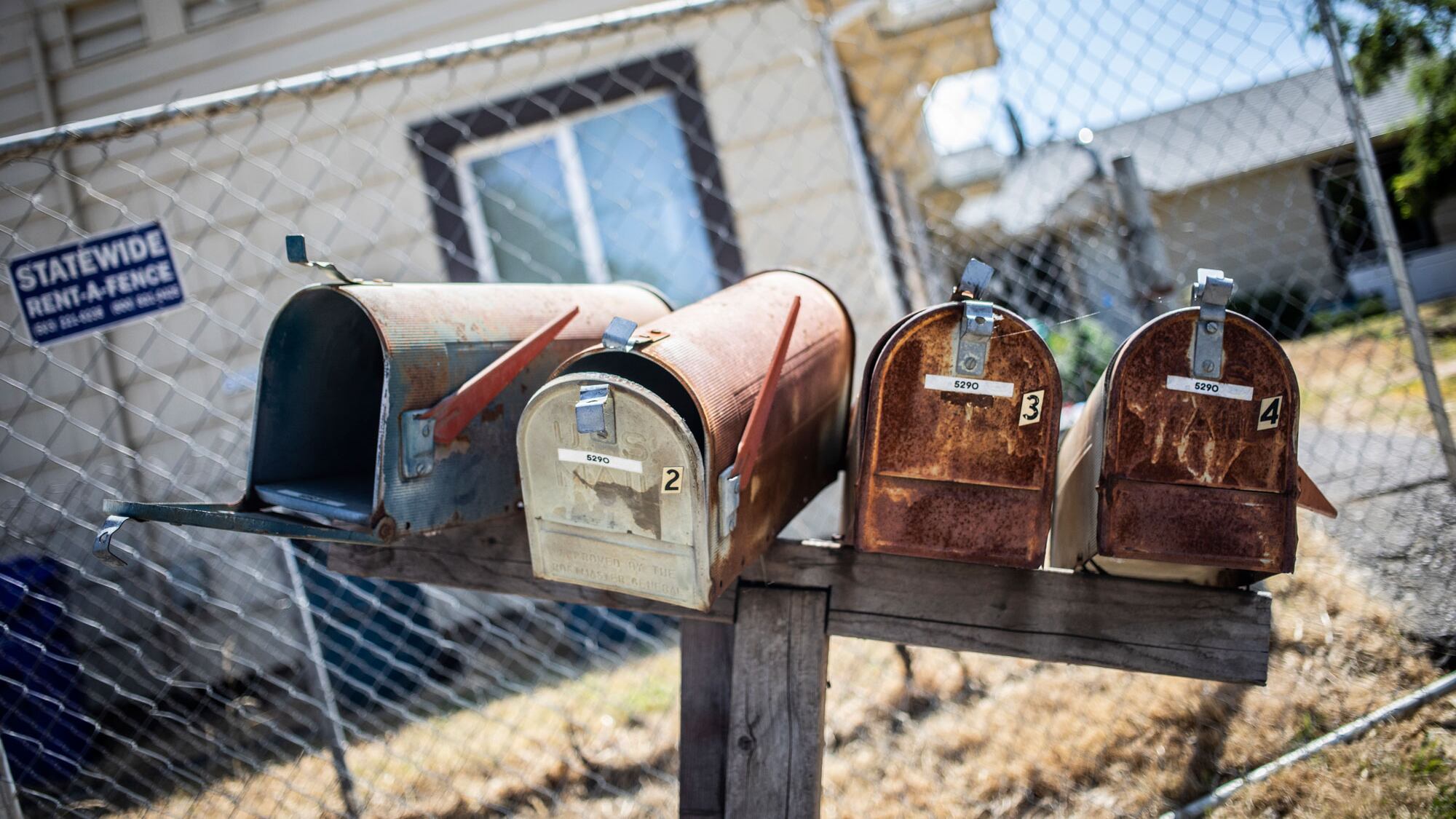The opponents of the Metro affordable housing ballot faced a challenging question at City Club on Friday over why two white men—Washington County Chair Andy Duyck and Portland State University professor Gerard Mildner—were making a case that the bond would hurt vulnerable people.
Metro has a $653 million housing bond on the ballot in November aimed at building or renovating at least 7,500 units of affordable housing, and proponents and opponents were at the City Club's Friday Forum to debate its merits.
Related: Metro went big on its affordable housing bond. Now it faces a fight.
"Hearing two white men discuss the concept of "do-no-harm" to those burdened by this bond financially sounds like privilege and supremacy," moderator Karol Collymore, who is a Nike senior manager, asked, reading a question from the audience. "How can we trust your "no" vote when it feels so rooted in racism?"
Duyck just refused to comment.
"If we're going to play the race card, I guess I can't win," said Duyck. "Sorry. Wrong color of skin. I guess I can't win. I'm going to pass on that one."
"I have yet to get my deck of race cards," responded Shannon Singleton, executive director of the nonprofit JOIN, who was there to support the bond.
"I don't have one either," added Collymore.
After an exchange on the merits of the bond between two other panel members, Collymore tried once more with Duyck.
"As a point of privilege because I have the microphone, the race card isn't a thing," says Collymore. "We really don't have cards to play."
Duyck kept up the struggle to reject the premise of the question. "It sounded as though because we are two white men, we aren't qualified to make the decision," said Duyck. "This isn't about the color of your skin; it's about your income status. It's about helping people get affordable housing regardless of what your color is."
"Your color makes it harder for you to get a house—sometimes," says Collymore. "Just reality that's what happens sometimes."
The full exchange is here:

